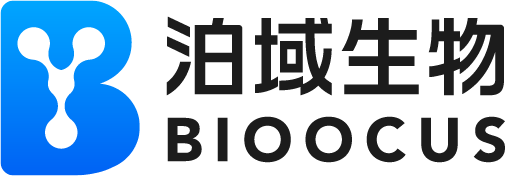Acute Lymphoblastic Leukemia(T-ALL)-04
Cellular acute lymphoblastic leukaemia with early post-transplant relapse and combined central nervous system leukaemia
The patient was a 15-year-old male, diagnosed with T-cell acute lymphoblastic leukaemia (T-ALL with STIL-TAL1 positivity, a poor prognostic gene) at the end of December 2020, and was treated in a local hospital with multiple cycles of regular chemotherapy to achieve complete remission. a father-to-son hemizygous haematopoietic stem cell transplantation was performed on 2 June 2021, but unfortunately a bone marrow relapse was detected in 3 months after the transplantation, and 1 cycle of chemotherapy was ineffective. One cycle of chemotherapy was ineffective, and at the same time, he developed bulging cheeks and leakage of air, crooked corners of the mouth, and a lumbar puncture suggested the development of central nervous system leukaemia.
T-ALL with STIL-TAL1 positivity, early relapse after allogeneic transplantation, combined with central nervous system leukaemia, is a very difficult case to treat in the era without CAR-T. The child's father asked about Director Zhang Qian of Ludoupe Hospital through his friends, and after detailed communication, they came to Yanda Ludoupe Hospital, wanting to fight for their lives by enrolling in the CAR-T clinical trial.
The first CAR-T failed, tumour cells multiplied very fast, and his life was in danger.
On 26 October 2021, the patient was admitted to the first ward of the Department of Hematology. Due to the rapid multiplication of tumour cells, the patient could only be treated with chemotherapy to reduce the tumour load, and with lumbar puncture sheath injection of chemotherapeutic drugs. The cerebrospinal fluid was negative. After the patient's condition stabilised, his father's lymphocytes were collected for CAR-T cell culture, and on 19 November, donor CD7 CAR-T cells were infused into the patient.
A few days after the infusion, before the expansion of CAR-T cells, the patient's tumour cells multiplied rapidly again, and a large number of progenitor cells could be seen in the peripheral blood, so the first CAR-T failed.
It so happened that our hospital was conducting a clinical trial of universal CAR-T (CD7 UCAR-T) for acute T-lymphoblastic leukaemia at this stage. The parents were very anxious and said that they wanted to give their child a try even if there was a 1% chance. Director Zhang Qin discussed with the family again and decided to enrol their child in our CD7 UCAR-T clinical trial.
# Complete remission after enrolment in CD7 UCAR-T clinical trial, now 2 months post-transplantation
On 2 December, the patient was infused with CD7 U-CART cells, which were used to reduce the tumour load while providing active symptomatic supportive treatment. On 2 December, CD7 U-CART cells were infused into the patient. After the infusion, the patient had a persistent high fever for several days and was in poor spirits. The patient's vital signs gradually stabilised and body temperature gradually normalised after the patient was treated with anti-infective and rehydration supportive therapy by the medical staff.
Bone and lumbar puncture on the 18th and 28th days after CD7 UCAR-T infusion showed complete remission with negative MRD. The child's mental state was getting better and better, his appetite was restored and he became active again, and his mother, who had been in tears every day, finally saw a smile that had not been seen for a long time.
Currently, the patient has undergone a second hemi-compatible HSCT in our hospital for 2 months, and the disease is still in complete remission.
description2





